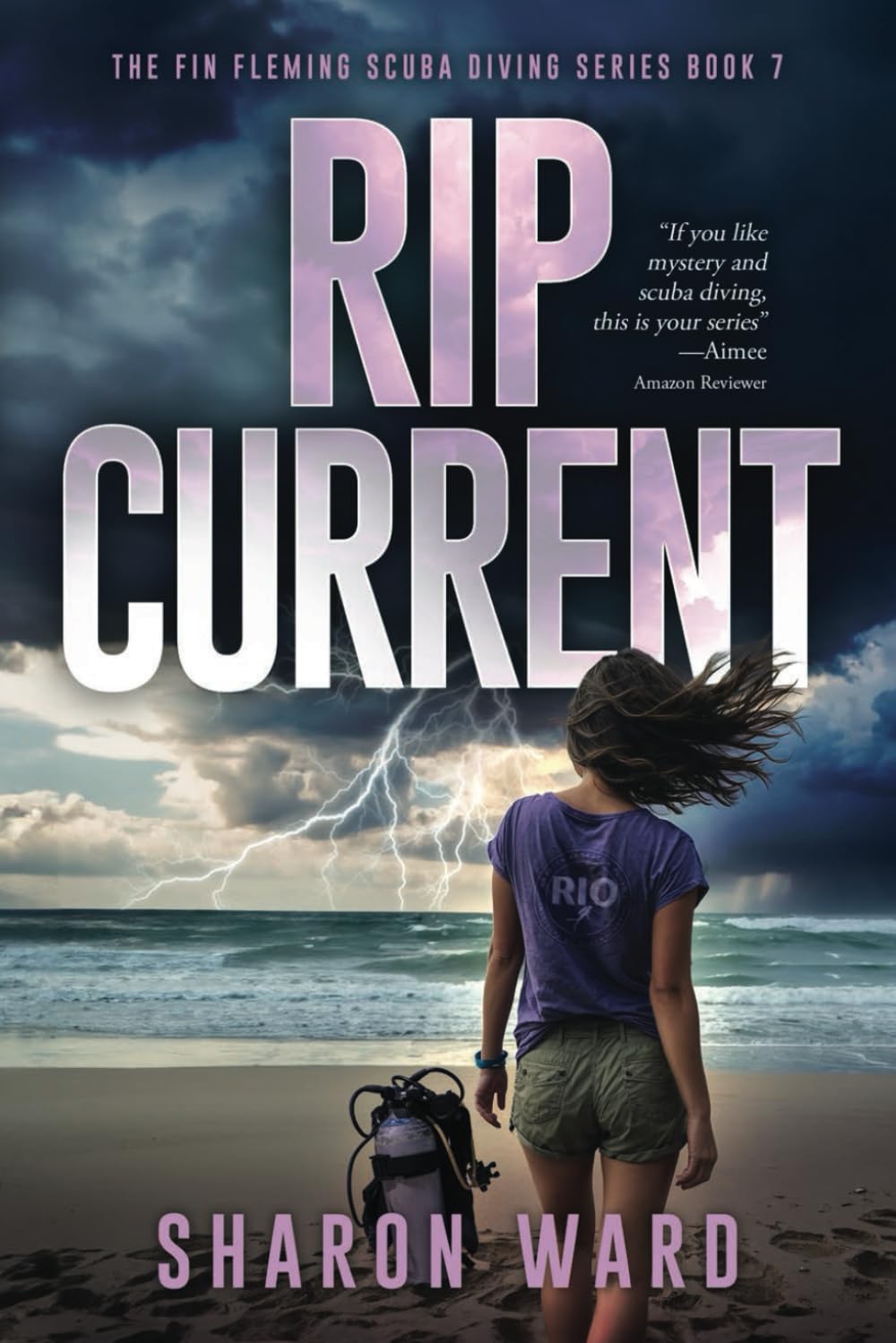
Steve Frech’s The Good Husband is a fast-paced domestic thriller that dives deep into the fragile nature of trust, marriage, and the secrets that can hide beneath an apparently perfect life. Released in paperback on January 28, 2025, the novel has drawn attention for its relentless pacing and emotional intensity, delivering the kind of suspense that keeps readers turning pages late into the night.
At the center of the story is Mark Burcham, a devoted husband and father whose world shatters when his wife, Amy, fails to return home from what was supposed to be a brief business trip to Boston. When her body is eventually discovered under suspicious circumstances, authorities quickly label her death as a drug overdose. Mark, however, refuses to accept that explanation. Convinced that his wife was not who the investigation claims she was, he begins to uncover unsettling truths that suggest Amy was living a life he knew nothing about.
The strength of The Good Husband lies in its pacing. Frech structures the novel with short chapters and frequent revelations, creating a sense of urgency that rarely lets up. Each new clue seems to deepen the mystery rather than clarify it, and just when the reader begins to settle on a theory, another twist shifts the ground. The suspense builds steadily, driven not only by the mystery of Amy’s death but also by the looming threat to Mark and his young daughter, Tatum.
Mark emerges as the emotional anchor of the story. His determination to protect his child and uncover the truth gives the narrative weight beyond its thriller mechanics. His grief, confusion, and desperation feel authentic, making it easy for readers to root for him even when his decisions place him in greater danger. The father-daughter dynamic adds a layer of tenderness that contrasts sharply with the darker elements of the plot.
That said, the novel does lean heavily into dramatic twists. Some developments require a fair amount of suspension of disbelief, particularly as the scope of the conspiracy surrounding Amy expands. Certain secondary characters are sketched more lightly than the protagonist, occasionally serving the needs of the plot more than fully realized personalities. For readers who prioritize realism and deep character studies, these elements may feel somewhat rushed or exaggerated.
Where Frech truly excels is in maintaining tension. The story unfolds like a high-stakes chess match, with Mark constantly one step behind forces he barely understands. The atmosphere is thick with paranoia and uncertainty, and the sense that someone is always watching keeps the suspense simmering. Even when the plot veers into heightened territory, the momentum rarely falters.
The ending delivers answers, though opinions may vary on how satisfying those answers are. Some readers will appreciate the resolution and the emotional closure it provides, while others may feel that the final revelations come quickly. Regardless, the journey to that conclusion is undeniably gripping.
Overall, The Good Husband is a compulsively readable thriller that prioritizes momentum, tension, and emotional stakes. It may not break new ground in the genre, but it succeeds in delivering exactly what it promises: a heart-pounding story filled with secrets, danger, and relentless twists. For fans of domestic suspense who enjoy high drama and fast pacing, this novel offers an intense and memorable ride.






